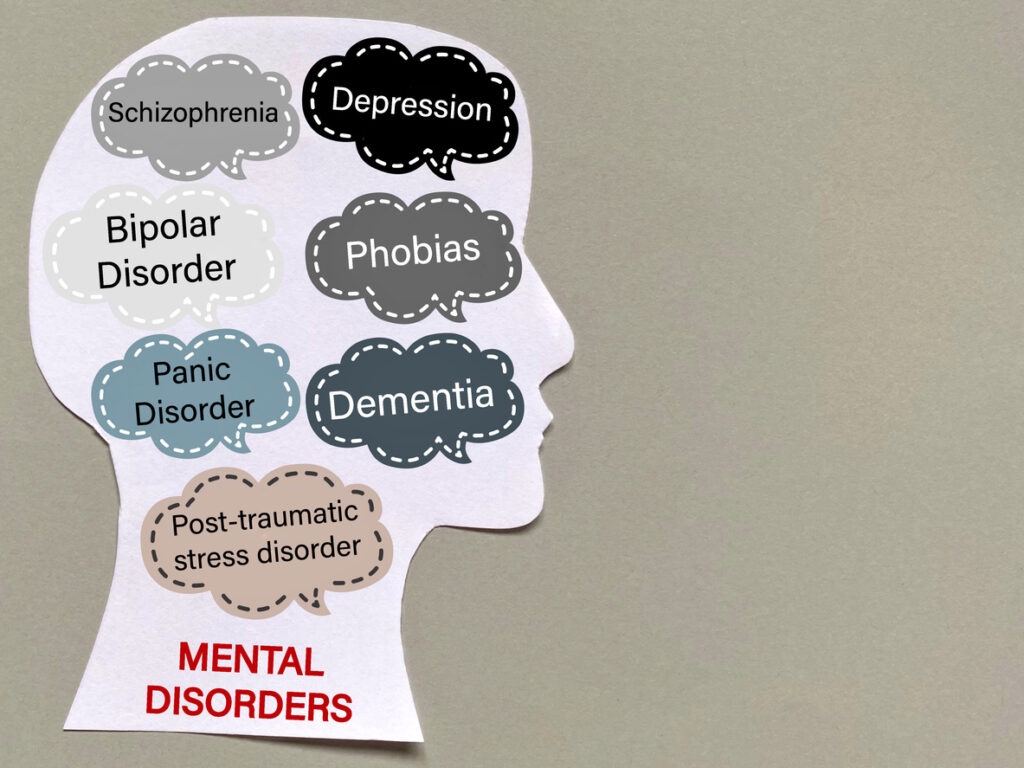Strategies for Managing Mood Disorders with Counseling

Mood disorders are a category of mental health conditions that can profoundly affect an individual’s thoughts, feelings, and daily functioning. These conditions, which include depression and bipolar disorder, often bring challenges such as depressive episodes, mood swings, and impaired relationships. Fortunately, effective counseling strategies exist to help treat mood disorders and support overall mental health.
Understanding Mood Disorders
Mood disorders include a range of mental health conditions, with depression and bipolar disorder being the most common. These conditions vary in severity but often involve persistent changes in mood that interfere with daily life. For instance, depressive episodes may result in prolonged feelings of sadness or hopelessness, while bipolar disorder may cause alternating periods of mania and depression.
Given the complexity of mood disorders, it’s essential to work with a qualified mental health professional who can tailor a treatment plan to an individual’s unique needs. Counseling is often a cornerstone of such plans, offering effective ways to address the root causes and symptoms of mood disorders.
The Role of Talk Therapy in Treating Mood Disorders
Talk therapy is one of the most widely used strategies for managing mood disorders. This approach involves open and structured conversations with a mental health professional, providing a safe space for individuals to explore their thoughts, feelings, and behaviors. Talk therapy fosters self-awareness and helps clients develop healthier coping mechanisms.
Cognitive Behavioral Therapy (CBT) is a particularly effective form of talk therapy for mood disorders. CBT focuses on identifying and challenging negative thought patterns that contribute to conditions like depression and bipolar disorder. By replacing harmful beliefs with healthier perspectives, clients can achieve lasting improvements in their mental health.
Counseling as a Treatment for Mood Disorders
Counseling is a flexible and personalized treatment for mood disorders that can be adapted to different needs and preferences. A mental health professional may recommend one-on-one therapy, group counseling, or family therapy depending on the individual’s circumstances.
One of the primary goals of counseling is to help clients manage depressive episodes and other symptoms associated with their mood disorder. This is often achieved through techniques such as goal-setting, stress management, and mindfulness practices. Over time, these strategies can improve overall mental health and enhance the individual’s ability to handle life’s challenges.
Strategies for Managing Mood Disorders
Effectively managing mood disorders often requires a multifaceted approach that combines counseling with lifestyle changes and, in some cases, medical treatments. Below are several strategies that can support long-term mental health:
- Engage in Cognitive Behavioral Therapy (CBT): As mentioned earlier, CBT is a proven method for addressing the thought patterns and behaviors associated with mood disorders. Regular sessions with a trained mental health professional can help clients build resilience and regain control over their lives.
- Participate in Talk Therapy: Talking openly with a therapist provides a supportive environment for exploring feelings and working through challenges. This can be especially beneficial during depressive episodes, helping individuals gain insight and develop effective coping skills.
- Focus on Lifestyle Changes: Simple adjustments, such as regular exercise, a balanced diet, and consistent sleep patterns, can significantly impact overall mental health. These habits complement the benefits of counseling and contribute to a more stable mood.
- Build a Support System: Connecting with friends, family, or support groups can reduce feelings of isolation and provide emotional encouragement. A strong support network often plays a vital role in managing mood disorders.
- Practice Stress Management Techniques: Mindfulness, meditation, and relaxation exercises can help individuals regulate their emotions and reduce the impact of stress on their mental health.
Conclusion
Mood disorders, including depression and bipolar disorder, can be challenging to manage, but with the right strategies, individuals can lead fulfilling and meaningful lives. Counseling, particularly talk therapy and Cognitive Behavioral Therapy (CBT), offers powerful tools to treat mood disorders and support overall mental health. For severe cases, interventions like electroconvulsive therapy (ECT) may also be part of the solution.
Working with a mental health professional ensures that individuals receive a treatment plan tailored to their specific needs, incorporating therapies that address both the emotional and physical aspects of mood disorders. By engaging in counseling, embracing lifestyle changes, and considering medical treatments when necessary, individuals can take important steps toward lasting wellness and resilience.
